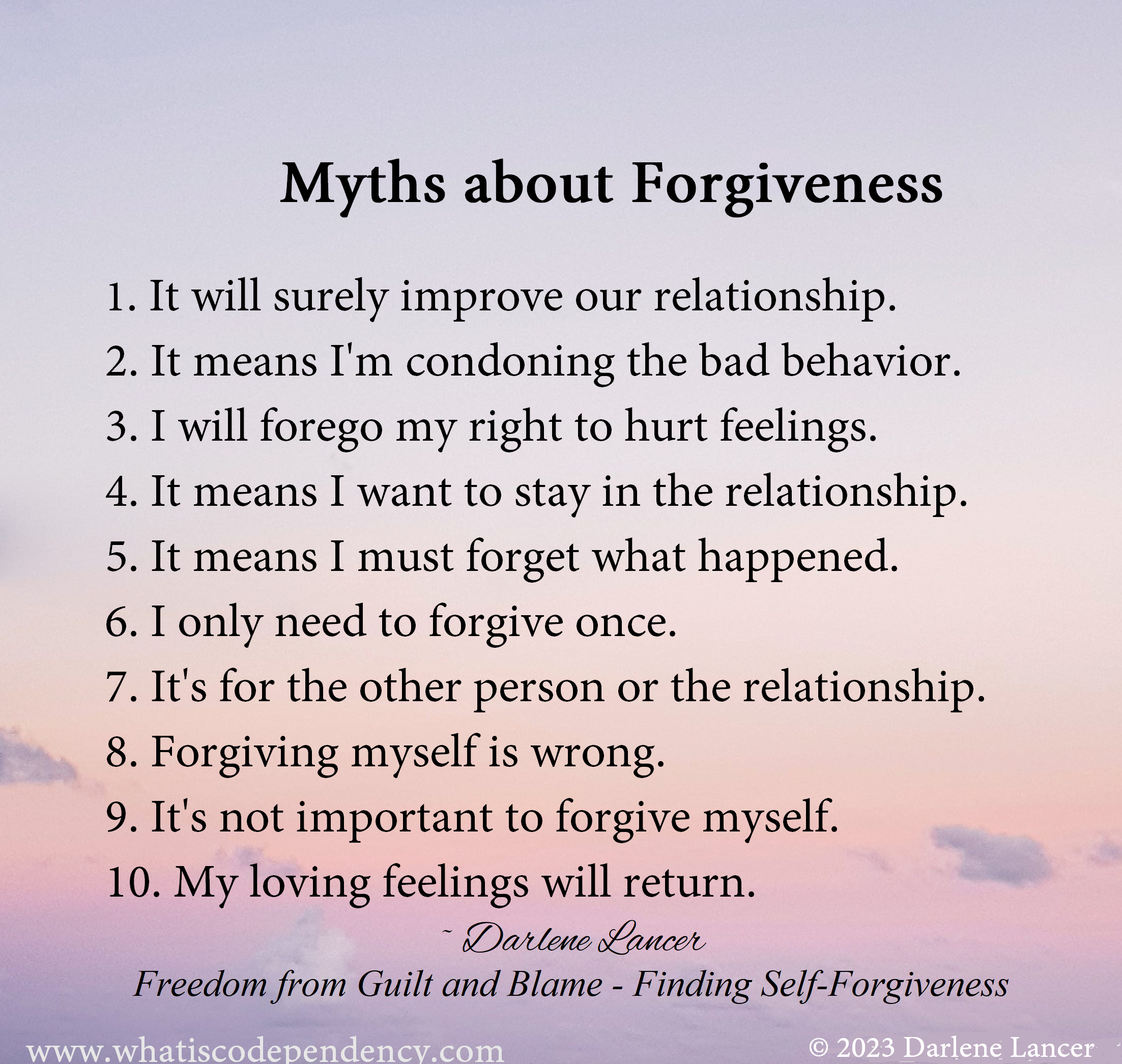Steps to Forgive: A Simple Approach to Releasing Grudges and Finding Peace
Steps to Forgive: A Simple Approach to Releasing Grudges and Finding Peace
Blog Article
Comprehending the Relevance of Forgiveness in Healing Relationships
Forgiveness is frequently checked out as a simple act of letting go, yet its significance in recovery connections expands far beyond plain absolution. What continues to be to be uncovered is the extensive impact forgiveness can have on private growth and communal consistency.
The Meaning of Forgiveness
Although mercy is typically regarded as a basic act of allowing go, its definition incorporates a complex interaction of emotional and mental processes. At its core, forgiveness is the conscious choice to release feelings of bitterness or revenge towards a private or team that has actually caused harm. This procedure is not merely concerning discharging the transgressor; instead, it entails an extensive emotional improvement that can bring about personal growth and recovery.
Mercy is complex, often identified by an individual's inner battle to resolve their pain with the need for tranquility. It requires recognizing the wrongs committed, refining the linked emotions, and ultimately making a selection to move onward without the concern of animosity. This option commonly requires a cognitive shift, where one reframes their understanding of the transgression and the perpetrator, permitting for empathy and comprehending to arise.
Notably, forgiveness does not imply pardoning the behavior or forgetting the crime; it is a deliberate act that focuses on emotional health. By defining forgiveness in this manner, we can appreciate its role in facilitating much healthier relationships and cultivating psychological resilience, setting the phase for deeper exploration into its advantages.
Emotional Advantages of Mercy
Mercy offers considerable emotional benefits that can exceptionally impact a person's mental wellness and general wellness. When a person picks to forgive, they actively launch sensations of rage, bitterness, and resentment, which can or else create a hefty emotional worry. This launch frequently brings about a decrease in stress and anxiety and anxiousness, promoting a feeling of tranquility and emotional stability.
Moreover, mercy cultivates a raised capacity for compassion and compassion. By comprehending the point of view of the offender, individuals can grow a much deeper psychological resilience, which improves their capacity to cope with future obstacles. This procedure not just enhances psychological policy however likewise adds to a much more positive overview on life.
In addition, forgiving others can reinforce one's self-worth and self-worth. It permits individuals to reclaim their personal power, damaging devoid of the adverse cycles of victimhood - The importance of forgiveness. This newly found empowerment can cause healthier psychological reactions and stronger social connections
Forgiveness vs. Reconciliation
The difference in between forgiveness and settlement is critical in recognizing the dynamics of recovery relationships. Mercy is an inner process wherein an individual selects to allow go of bitterness and unfavorable sensations in the direction of a person who has actually caused injury. It is primarily an individual journey, concentrated on emotional release and self-healing, enabling one to move forward without carrying the problem of previous complaints.
On the other hand, reconciliation includes rebuilding and restoring the connection to a state of trust fund and common regard. This process typically needs open communication, energetic engagement from both events, and a commitment to dealing with the underlying issues that led to the conflict. While forgiveness can occur individually, settlement requires the readiness of both individuals to involve in discussion and work toward a common understanding.
It is crucial to note that forgiveness does not always result in settlement. An individual may forgive another without choosing to recover the partnership, especially if count on has been irrevocably harmed or if the connection is deemed unhealthy. Comprehending this distinction permits individuals to navigate their emotions properly and make informed decisions regarding their partnerships.
Actions to Grow Mercy
Growing forgiveness is Steps to forgive an intentional procedure that involves a number of essential steps targeted at promoting emotional recovery. The very first step is recognizing the pain triggered by the offense. Acknowledging one's feelings is necessary, as it allows people to process their feelings really.
Following, reviewing the incident and comprehending its impact can provide clarity. This reflection needs to include analyzing the motivations behind the offender's activities and identifying that everybody is fallible.
The 3rd step involves making a mindful choice to forgive. This decision is vital, as it signifies a willingness to let go of resentment and progress.
Ultimately, expressing sensations in a constructive way can be beneficial - The importance of forgiveness. Whether with journaling, talking with a trusted buddy, or seeking therapy, articulation of feelings can aid in the mercy journey
Real-Life Instances of Forgiveness

In another instance, a close-knit group of buddies faced a considerable rift after one participant accidentally shared a private trick. As opposed to nurturing resentment, the affected good friend decided to forgive, recognizing the relevance of valuing the friendship over the mistake. This choice urged open dialogue and ultimately strengthened their link.

Verdict
In final thought, forgiveness plays a crucial role in the recovery of partnerships by facilitating the release of adverse emotions and cultivating compassion. By distinguishing in between forgiveness and reconciliation, individuals can engage in a useful process that improves emotional health.

Report this page